Katiba Institute Challenges Nairobi Police Barricades in Court
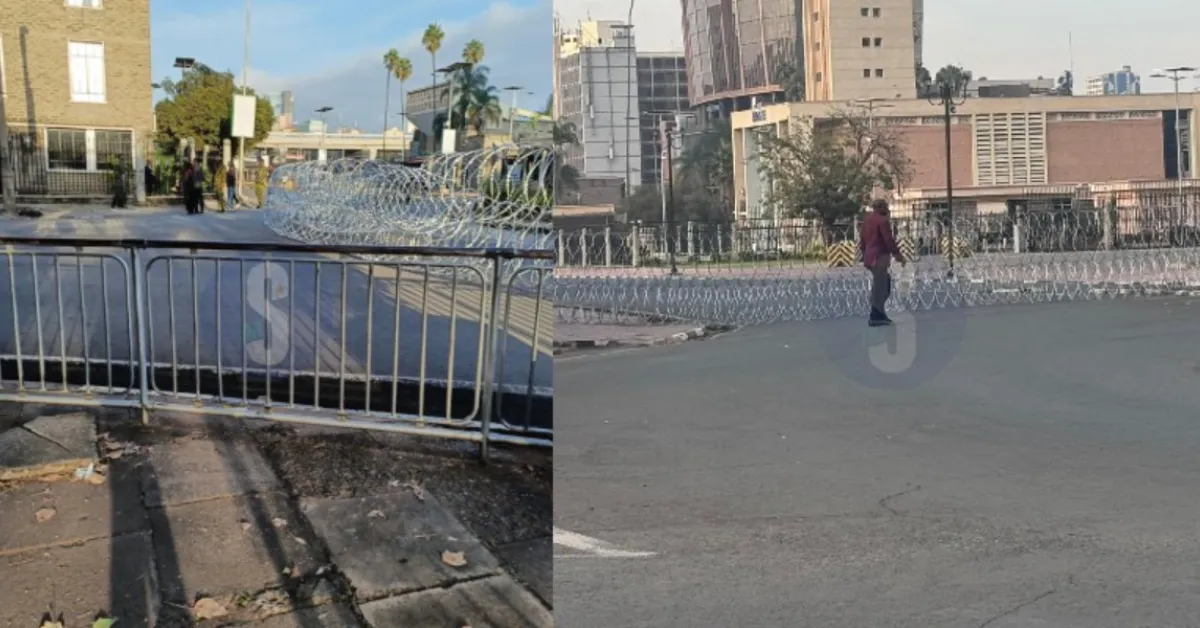
The Katiba Institute has filed a petition in Kenya's High Court, challenging the legality of roadblocks erected across Nairobi on 25 June, the anniversary of the 2024 Gen Z-led protests.
The protests saw approximately 20 people killed in Nairobi and 60 nationwide, according to human rights groups. The civil liberties organisation asserts that these barriers, implemented by order of the Inspector General of Police and the Attorney-General, unlawfully restricted the rights to peaceful assembly and freedom of movement as enshrined in Articles 37 and 39 of the Kenyan Constitution.
The core of the Katiba Institute's argument rests on the assertion that these unannounced closures represent a deliberate effort to suppress legitimate demonstrations, effectively circumventing both judicial precedent and democratic processes.
The organisation highlights that the erection of barbed wire barricades, coupled with a heavy police presence, serves to impede the lawful expression of public dissent. The legal challenge is not isolated, but builds on earlier court rulings such as Katiba Institute v Inspector General of Police (E349 of 2024) and Law Society of Kenya v Kihinjii (E373 of 2024). The Katiba Institute contends that the police have not only acted unlawfully but have also undermined the authority of the judiciary in upholding constitutional rights.
In its legal action, the Katiba Institute seeks immediate conservatory orders compelling the police to provide adequate and timely notice before any non-emergency road closures are implemented. Furthermore, it requests a permanent injunction to prevent any future restrictions on public demonstrations that lack justifiable cause.
Anniversary Protests and Calls for Accountability
The legal proceedings occur against a backdrop of national remembrance and escalating demands for police accountability. Thousands of Kenyans have commemorated the first anniversary of the 2024 protests by returning to the streets today, triggering a renewed examination of state repression. The recent death of blogger and educator, Albert Ojwang, while in police custody, on 8 June, has exacerbated public outrage and sparked fresh protests on 17 June, amplifying calls for comprehensive reforms within the National Police Service.
Ojwang's death, allegedly resulting from assault, has fuelled allegations of police brutality and impunity. While some officers have been suspended and face legal action, critics argue that these measures are insufficient to address what they describe as an entrenched culture of abuse.
Moment of Empathy Amid Tensions
Amidst the renewed tensions, a moment of unexpected compassion captured national attention during the protests in central Nairobi, where human rights lawyer Hussein Khalid was recorded tending to an injured police officer. Wiping blood from the officer's face, Khalid offered words of sympathy in Kiswahili, "Pole, pole, pole". The exchange culminated in a fist bump, briefly bridging the divide between protesters and law enforcement.

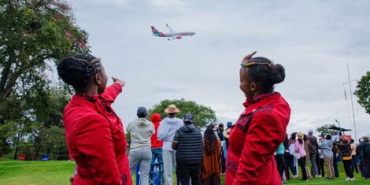
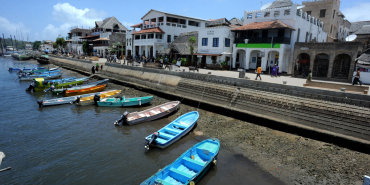
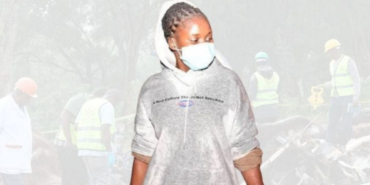

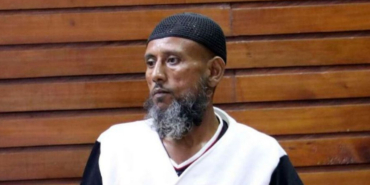
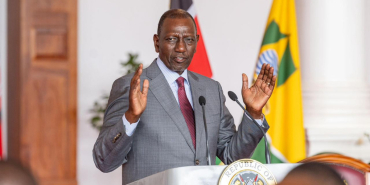
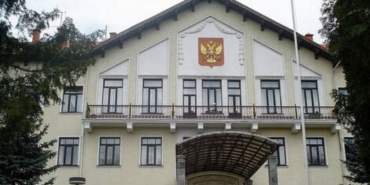
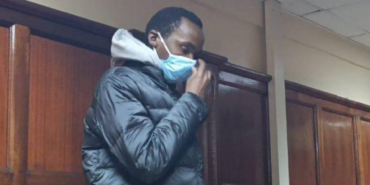
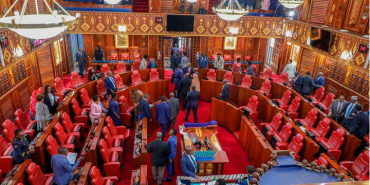
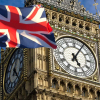
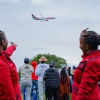


Add new comment